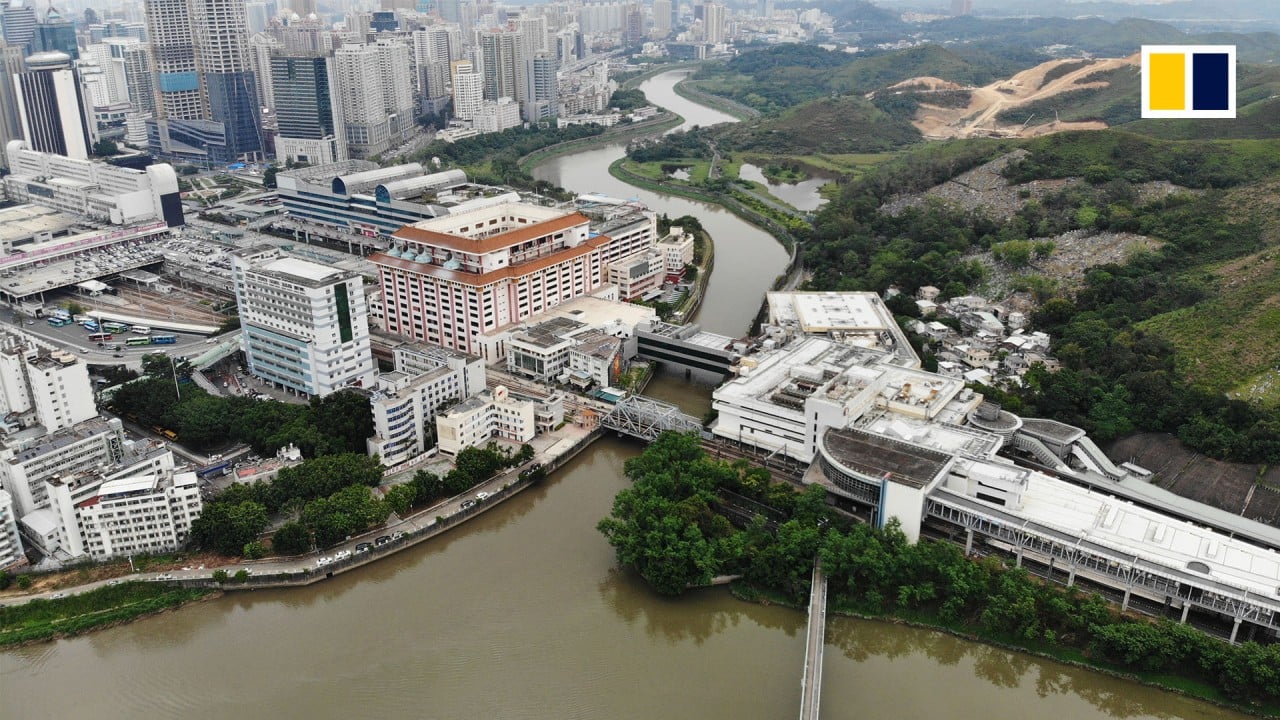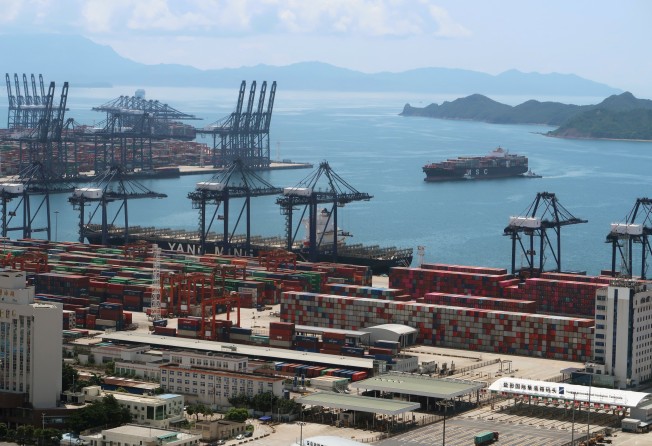
07:24
From backwater to big city: Shenzhen's transformation through reform and opening up

Shenzhen, Liaoning and Shandong have unveiled new incentives to boost marine industries as part of China’s drive to expand its blue economy.
Shenzhen announced last Friday it would offer as much as 10 million yuan (US$1.6 million), plus other support measures, for marine projects and companies to scale up its ocean economy and attract investment.
Last month, Liaoning province in China’s northeast also said it would offer up to 8 million yuan to help kick start marine projects.
“The supportive policies are aiming to attract and integrate competitive industries into the sea, such as electronic information and other intelligent and digital industries, thanks to which the ability to monitor and survey the ocean has also improved accordingly,” said Hu Zhenlin, senior research fellow with the China Development Institute.
“On a national level, the country is going deep sea, and aims to raise the utilisation rate of marine resources such as wind power and boost the energy supply capacity and coastal economy.”
China’s coastline stretches 14,500km across nine provinces, including the top four in terms of gross domestic product (GDP). Marine-related industries contribute about 9 per cent of GDP and in 2020 were worth eight trillion yuan, up 60 per cent from five trillion yuan in 2012.
Emerging marine industries, which include advanced manufacturing, services and coastal tourism, grew more than 11 per cent annually from 2016 to 2020, said Wang Hong, the head of the State Oceanic Administration in October.
China’s 14th five-year plan and 2035 vision outlined goals to expand the ocean economy and develop marine infrastructure and technology.
President Xi Jinping’s Belt and Road Initiative, a global infrastructure project launched in 2013, has also created new ocean-related opportunities via the 21st Century Maritime Silk Road, a sea route from Southeast Asia to South Asia, the Middle East and Africa.
China first announced plans to create global maritime cities in 2017 in the 13th five-year plan, with Shenzhen and Shanghai as models.
Tianjin, Qingdao, Dalian, Ningbo are among more than a dozen cities that have since followed with plans to boost their marine economy.
Guangdong, China’s wealthiest province, also has the biggest ocean economy, generating 2.11 trillion yuan for provincial GDP in 2019.
In Shenzhen, the country’s fourth most populous city which is also home to the world’s fourth busiest container port, ocean-related industries such as sea transport, coastal tourism, oil and gas, and marine biomedicine totalled nearly 260 billion yuan last year, accounting for about 9.4 per cent of regional GDP, according to local government data.
Still, it still lags behind other coastal cities in China.
In Shanghai, marine industries were valued at 970.7 billion yuan last year, more than a quarter of the city’s GDP. Ocean-based activities accounted for 29.4 per cent of GDP in Qingdao city in Shandong last year.
“The ocean economy in Shenzhen still lacks global impact, the development of marine technology industries needs consistent cultivation,” the Shenzhen government said last Friday.
But the city, which is part of the Maritime Silk Road, has geographical advantages bordering Hong Kong and Macau, and is also a vital port in the South China Sea, said Hu.
“The biggest marine industries in Shenzhen are marine oil and gas, coastal tourism and marine transportations, and it’s a similar distribution in the country,” Hu said.
Other coastal cities also placed an emphasis on the ocean economy in their five year plans.
Shandong plans to establish a modern marine industrial system centred around Qingdao, while strategically focusing on emerging industries such as marine equipment manufacturing, marine medicine and biological products and seawater desalination.
Guangzhou in China’s south also announced late last month its goal to become a global centre for marine innovation and development by 2035.